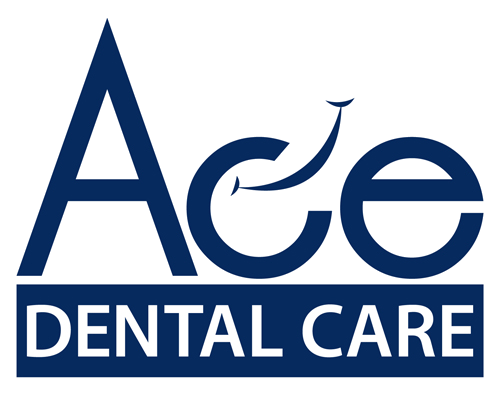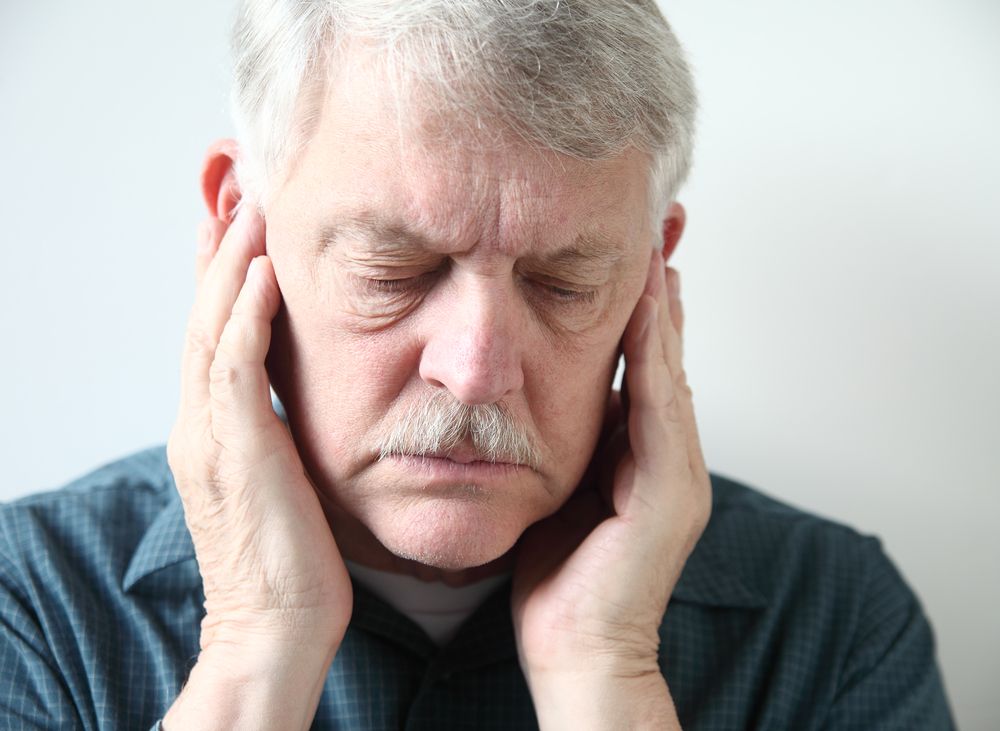TMJ pain comes from your temporomandibular joint, which is the joint that connects your lower jaw (mandible) to your upper jaw (maxilla) on either side of your face. Your TMJ is a capsule and disc composed of bones, muscles, tendons, ligaments, and nerves. This important joint operates as a sliding hinge joint to open and close your mouth, as well as to assist with the motions required for biting and chewing.
Unfortunately because of its various components and its frequency of use, the TMJ is predisposed to developing problems. Problems with the TMJ are known as TMD, or temporomandibular joint dysfunction or temporomandibular joint disorder.
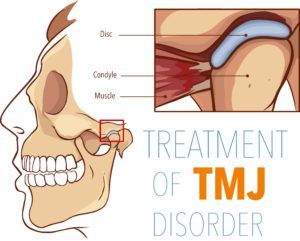
Did You Know?
Many people, especially those that are dealing with stress, grind and/or clench their teeth at night. This places a great amount of strain on the jaw joint and can be a contributing factor to TMD. Additionally, teeth grinding and clenching can wear down teeth faster and can even damage them over time.
Frequently Asked Questions:
Do I have TMD?
You may be affected by TMD if you are experiencing some or all of the following symptoms:
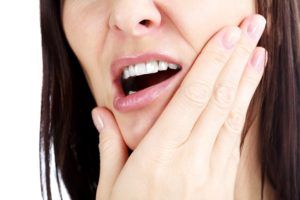
- Pain or tenderness around the jaw or in the joint
- Difficulty chewing and/or biting
- Pain while chewing and/or biting
- Pain in the temples
- Shoulder or neck pain
- Generalized facial ache
- Clicking or popping sounds when opening or closing the jaw
- Jaw joint “locks” up
- Muscle spasms
- Blurred vision
- Ear pain
- Ringing in the ears
- Dizziness
- Chronic headaches
If you are experiencing these symptoms, it is recommended that you get examined for TMD by Dr. Pushpa Sachdeva. The sooner you are examined, the sooner Dr. Sachdeva can work out a treatment plan for TMD, so schedule a consultation at Ace Dental Care today.
How does Ace Dental diagnose TMD?
The diagnosis process for TMD has several steps. First, Dr. Sachdeva will ask you about your symptoms, specifically what you are experiencing, how long you’ve been experiencing them, how often they occur, how severe they are, and whether you have identified any possible triggers for your symptoms. She will likely also ask you about your current stress level and stress management techniques.
The next step is to examine your teeth, bite, and jaw function. Your teeth will likely be evaluated for signs of irregular wear and your jaw will be listened to for popping, clicking, or grinding. Either side of your jaw will also be palpated while you open and close your mouth to check for proper function and to see if there are any signs of inflammation in particular areas.
At this point, a diagnosis may be made or additional steps may be taken. Usually additional steps deal with obtaining diagnostic images to visualize the internal structures of the jaw joint. Dental x-rays are the most commonly used diagnostic technique, however CT or MRI scans can also be used. In some cases, a tiny tube may be inserted into your jaw joint to place a tiny scope with a camera at the end to look at the inside of the joint. This is called a TMJ arthroscopy, however it is rarely used.
How does Ace Dental treat TMD?
Your exact treatment plan for TMD will vary and will depend on your symptoms. Generally, Ace Dental looks to treat TMD with the use of specialized oral appliances known as night guards or mouth guards. These oral appliances reposition the jaw so that less stress is placed on the joint. They are worn only at night and they help to prevent nighttime teeth grinding and clenching.
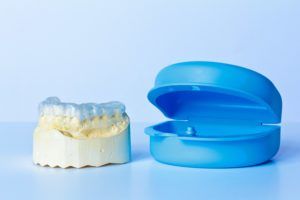
In addition to oral appliances, medications may be recommended to reduce inflammation. Usually medical management of TMD starts with over the counter medications. In severe cases where over the counter pain medications are not helping, stronger pain medications, tricyclic antidepressants (used for pain), or muscle relaxants may be prescribed.
Hot and cold therapy is also recommended to reduce inflammation and relieve the pain associated with TMD. Often times, switching back and forth between heat and ice can help relax the muscles and encourage blood flow to the area. Diet and behavior modifications can also be used to reduce inflammation. Avoiding behaviors like chewing gum, biting nails, or teeth grinding and eating softer foods can help the jaw to rest.
Finally, physical therapy may be advised as another option to treat TMD. Physical therapy works to stretch and strengthen the soft tissues of the jaw so that they can provide better support to the rest of the jaw. Dr. Sachdeva does not perform physical therapy, but she can refer you if needed.
Can I cure my TMD?
Unfortunately, there is no cure for TMD. Rather the condition must be carefully managed by implementing the treatment options listed above. When beginning to treat TMD, it can be mostly trial and error until you find something that works for your symptoms. This is why there is such a variety of treatments for TMD.
To help you design and implement the best treatment plan for your TMD, it is recommended to schedule a dental appointment at Ace Dental every six months. This way, Dr. Sachdeva can regularly discuss your symptoms, treatment approaches, and progress to make changes as needed.
Is there any way I could have prevented my TMD?
Preventing TMD is tough because the exact cause is not known. However there are some risk factors that are believed to increase the risk of developing TMD. Risk factors for TMD include: traumatic injury to the jaw, frequently grinding or clenching your teeth, or having a misaligned bite. Basically, anything that causes additional strain on the jaw joint can be a potential risk factor for TMD. Additionally, there are a few unavoidable possible causes of TMD including connective tissue disease, arthritis (degeneration of the disk and cartilage), and anatomical structural issues.
Dr. Pushpa Sachdeva has been providing some of the best dental care in Nairobi for over 33 years. For comprehensive, family-friendly dental care for all ages, schedule a consultation at Ace Dental Care today!

